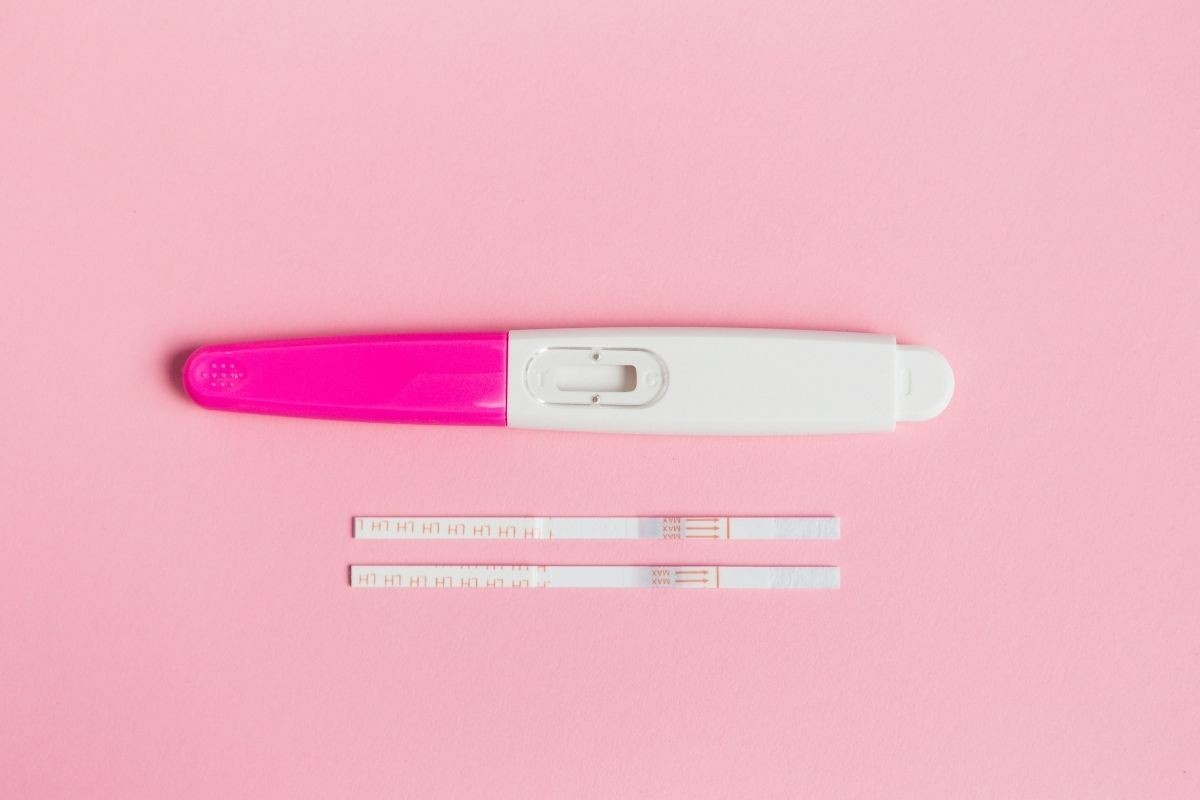2. Not Ovulating
In order to get pregnant, you must be ovulating. This is crucial to conception as this signals the body that it is ready to reproduce and that there are eggs to be fertilized. However, not all women ovulate and have their periods normally. Those who do not release an egg and ovulate may have symptoms of anovulation, one of the main causes of infertility in women.

Some of the contributing factors to anovulation include PCOS. Apart from this, being overweight or underweight, overexercising, having a thyroid dysfunction, having eating disorders, smoking, drinking, and the like may also affect ovulation.
It’s also imperative to point out that while having a regular menstrual cycle is good, this does not necessarily mean that your monthly ovulation is occurring. Talking to a medical professional is your best bet if you think you might be experiencing irregular ovulation.







